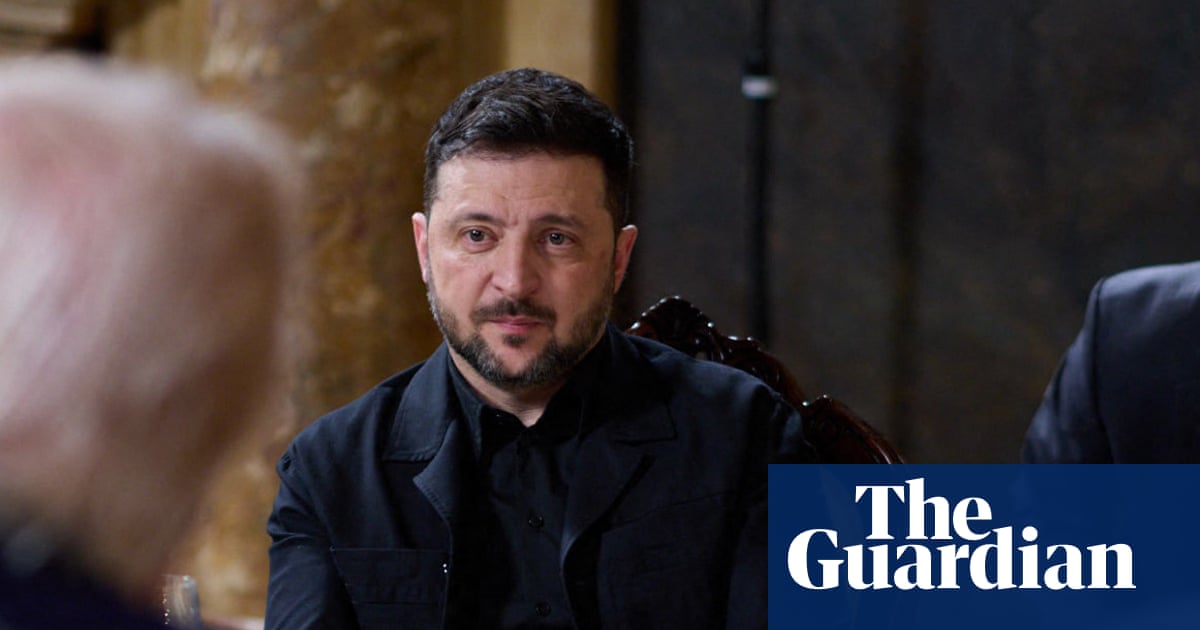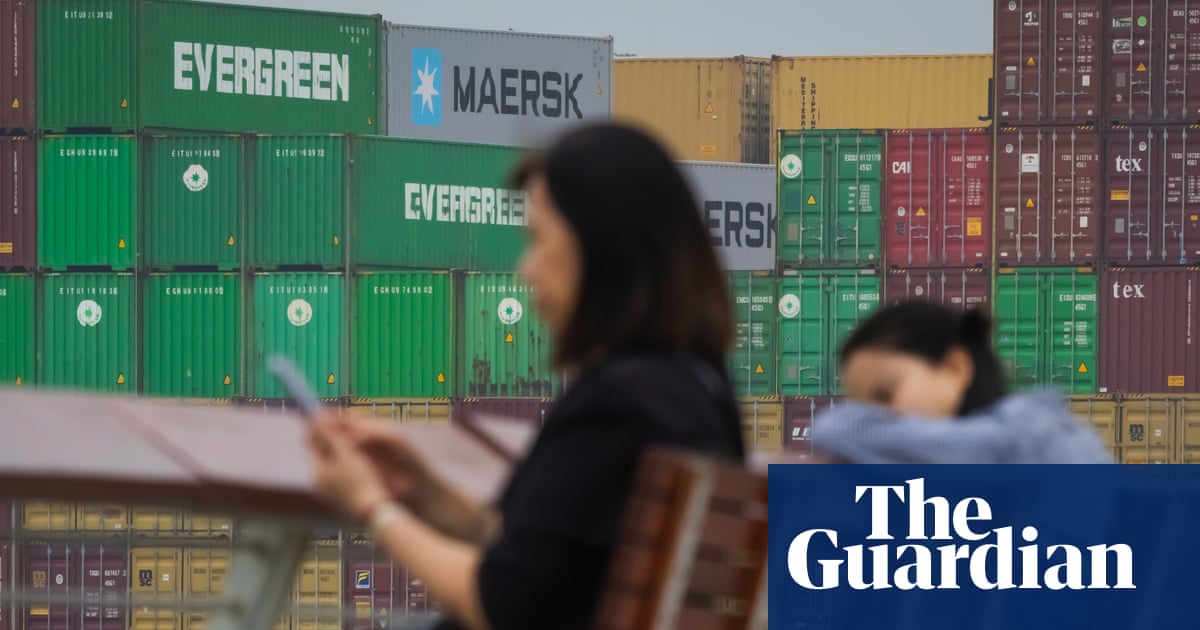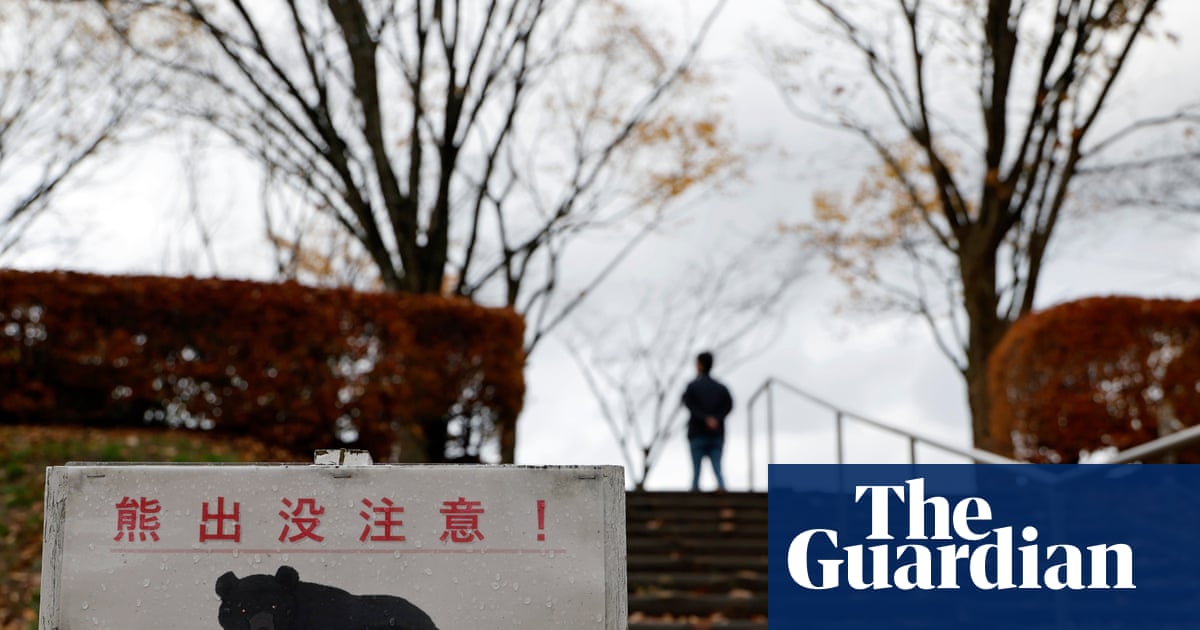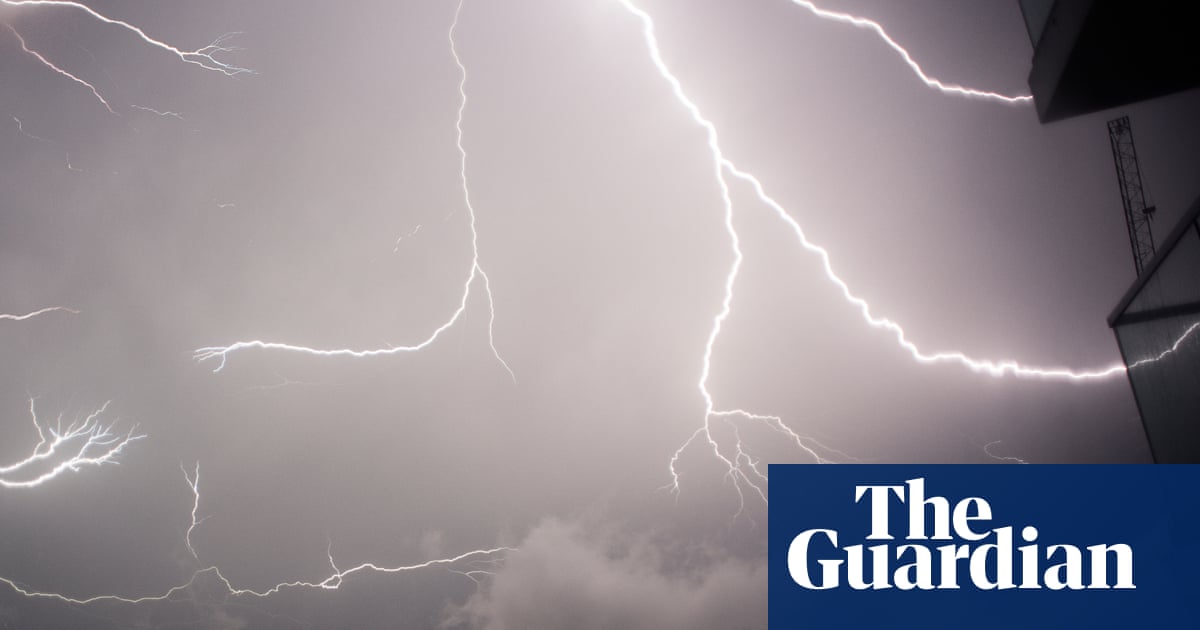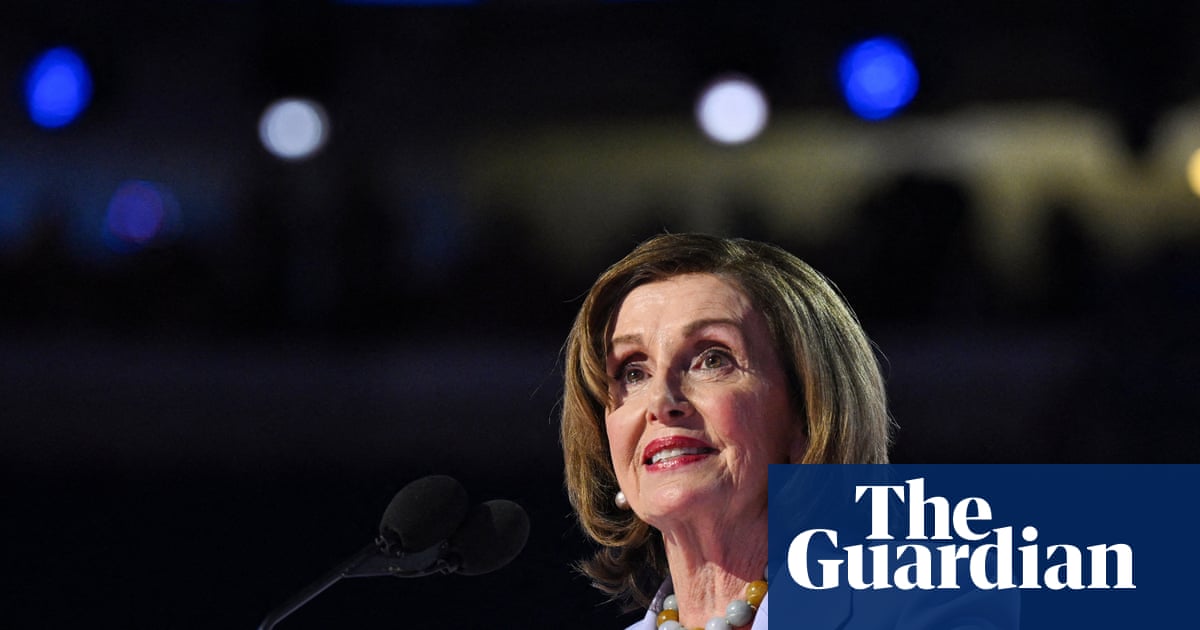Israel’s assassination of Hamas negotiators in Doha this week has crossed a line that even its closest Arab partners cannot ignore. Israel has long justified pre-emptive and extraterritorial strikes as necessary for its security. Over the course of two years, in response to the 7 October attacks by Hamas, it has struck at six countries in the region (including Palestine), seeking to eradicate all threats to its security. But hitting the capital of Qatar, a wealthy Gulf monarchy, a security partner and non-Nato ally of the US, and the site of painstaking negotiations between Israel and Hamas at the behest of Washington, is not simply another targeted killing. It represents a fundamental shift where Arab states no longer see Iran as the only principal destabiliser of the region. Today, they see Israel as destabilising too.
This is not the first time Israel has struck while negotiations and diplomatic efforts have been under way. Over those two years, high-profile assassinations and strikes have been carried out in Lebanon against Hezbollah, in Syria, increasing tensions with the newly formed al-Sharaa government, in Yemen, targeting the Houthis, and against Iran, over the 12-day June war when Tehran was negotiating with Washington. The strikes have often been timed to derail talks or demonstrate Israel’s refusal to separate diplomacy from coercion. The Doha strike fits that pattern, but its symbolism will have long-term effects.
The missiles landed in a quiet neighbourhood of Doha down the road from a palace recently visited by Donald Trump during his tour of the region in May, which also included a visit to a US airbase in Qatar. For Gulf rulers the message challenges their longstanding assumption that US relations and military bases would protect them from attacks.
Israel has long harboured resentment toward Qatar. As part of a deal approved by the US and Israel, Doha had sent cash into Gaza for years to try to stabilise the region. After 7 October, Israeli officials reframed that arrangement as enabling Hamas and the attacks on Israel. When a scandal based on allegations that close confidantes of Benjamin Netanyahu allegedly took Qatari money to lobby on its behalf was exposed, Israel’s frustration with Doha became clearer.
This view is not shared by Washington, however. Qatar hosts the Al Udeid airbase, which is a cornerstone of US power projection. It was from Qatar that US forces managed operations in Afghanistan, Iraq and Syria. In 2022 Joe Biden even designated Qatar a “major non-Nato ally”. Doha also came under Iranian fire in the Israel-Iran war in June, when Tehran launched missiles at the US base in retaliation for the nuclear strikes. This second strike in less than a few months – and backed by a close US ally – raises questions about US protection.
For decades the Gulf states defined regional security through the lens of Iran, fearing its nuclear programme, its sponsorship of “axis of resistance” militia groups, and its ability to strike across borders – as in the 2019 drone and missile attacks on Saudi Aramco facilities. Today, though, Israel’s unchecked campaigns in Gaza, escalating operations in the West Bank and continued escalations in Lebanon, Syria and Qatar, have reframed the conversation.
Arab states are concluding that Israel is now the biggest threat to stability in the region. This is not to excuse Tehran’s behaviour. Its role in fuelling conflict in Iraq, Lebanon, Syria and Yemen remains undeniable. But Iran’s aggressions have become familiar and all too predictable, and its power projection in the region may have been overestimated. Israel’s actions, by contrast, have grown more audacious at the expense of the norms that Arab leaders assumed still governed their region.
American inaction has reinforced this perception. Both the Biden and Trump administrations have refused to restrain Israel’s military assaults. The strike against Qatar will force Gulf rulers to grapple with the fact that Washington seems unwilling, or unable, to rein in its closest ally.
Gulf states have long feared that the US’s strategic focus is drifting toward Asia. They remember vividly how US defences failed to stop Iran’s 2019 strike on Saudi Arabia, and they see today the unwillingness to constrain Israel. The result is a sense that security guarantees are eroding. The Abraham Accords and proposed normalisation efforts were meant to manage regional security – but today such plans, while the situation in Gaza continues unabated, are no longer viable.
In reaction, Gulf leaders are likely to deepen cooperation among themselves while accelerating efforts to diversify their foreign and security partnerships, sustaining strong economic ties with China, expanding defence cooperation with Turkey and reassessing the uncertain prospects of normalisation with Israel. For states that have long sought to balance relations with Israel and the US against domestic opinion and regional sensitivities, the attack has made this already delicate task far more difficult.
after newsletter promotion
At the same time, Gulf rulers are pressing ahead with the pursuit of greater strategic autonomy and are increasingly determined to hedge against the risks of depending on the US. The attack on Doha may ultimately prove a watershed moment, crystallising the sense that the traditional regional order is disintegrating and that the sovereignty of partners has too often been sacrificed in the name of security, leaving only the question of how, rather than whether, the Gulf states will push back.
-
Sanam Vakil is director of Chatham House’s Middle East and North Africa programme

 3 months ago
49
3 months ago
49
